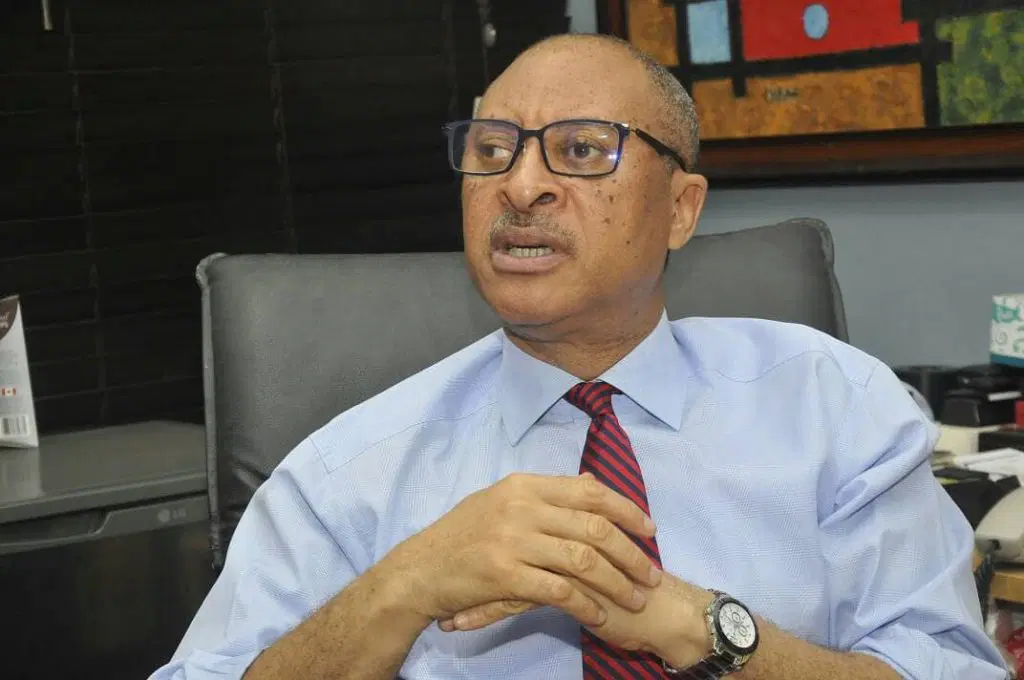Renowned political economist and public affairs analyst, Professor Pat Utomi, has called for a revival of the tripartite governance model in Nigeria, tracing its roots to a pivotal 1985 conference in Nairobi, Kenya.
Speaking on Breakfast Central on Thursday, Utomi noted Nigeria’s deviation from an inclusive governance structure that once held great promise for sustainable national development.
“In 1985, there was a conference in Nairobi, Kenya, which called for a tripartite approach to government in Africa that will bring about developments that are faster and more sustainable.”
The landmark conference, which sought to foster collaboration between the government, private sector, and civil society, was led by notable figures from Nigeria. “One leading the government delegation was Alhaji Abubakar Alhaji, who was then Federal Permanent Secretary in Finance. From the private sector, the then Chief Executive of one of the biggest conglomerates of that time, Ernest Shonekan, led the private sector group, and one Dr. Jack led the civil society group, a group that was then referred to as private development agencies,” he explained.
A significant outcome of the Nairobi conference was the establishment of the Enabling Environment Forum, which later evolved into what is now known as the Nigerian Economic Summit Group (NESG). However, Utomi expressed regret that the original vision of a collaborative, tripartite governance system had not been realised.

“Unfortunately, we’ve not lived that promise of the tripartite approach to government,” he said. “What has happened is that a group of people grabbed the state, captured the state, and literally subordinated both the private sector and completely ignored civil society.”
Utomi blamed the resulting governance structure for Nigeria’s persistent socio-economic challenges.
As a way forward, he emphasised the urgent need to revive the spirit of the Nairobi conference by fostering partnerships between civil society, the private sector, and political actors, particularly those in opposition.
“To really claim the promise of Nairobi in 1985, it is important that private development agencies, the civil society, come together with political actors in opposition and try to create an alternative way to looking at solving Nigeria’s problems,” Utomi advocated.


 Trending
Trending 